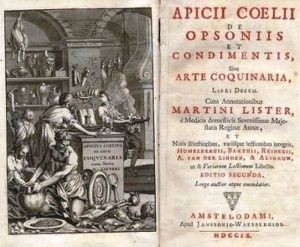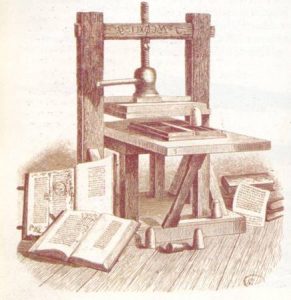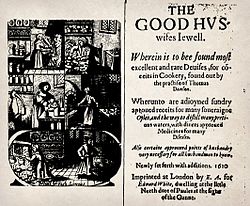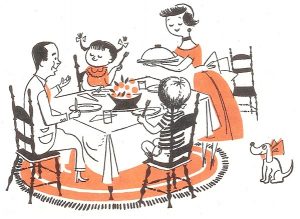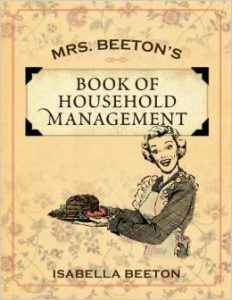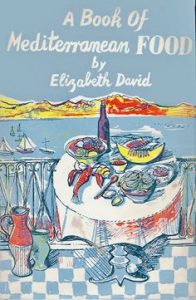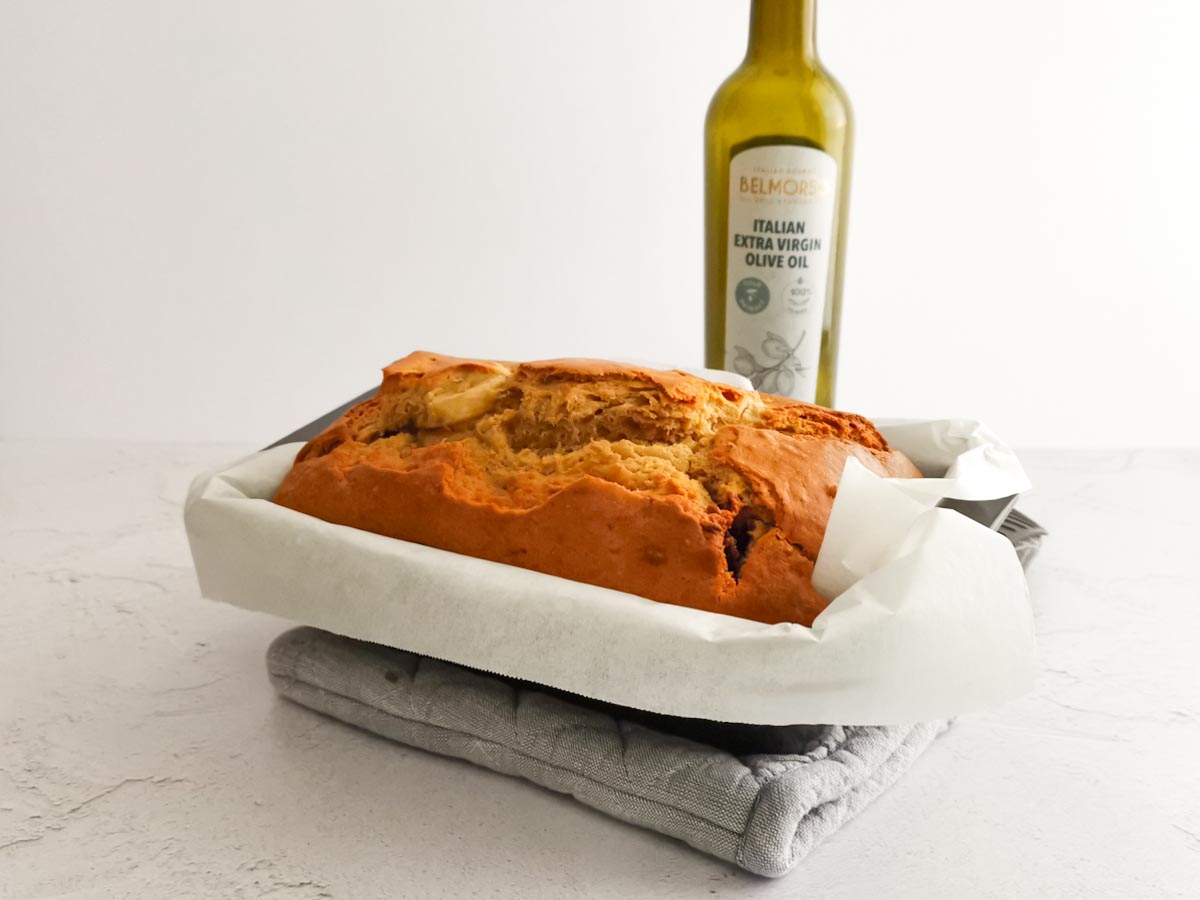
The Dinette Teller – 13. The Cookbooks
The first Western cookbook appeared over 1600 years ago. De Re Coquinara, which means “concerning cookery”) is attributed to a Roman gourmet named Apicius.
It is probably a compilation of Roman and Greek recipes drawn from manuscripts that were later lost. The editor was sloppy and allowed several duplicated recipes to sneak in. The instructions were very basic but it had been suggested that the author had been obscure on purpose in case that his secrets leaked out. But a more likely reason is that the recipes of Apicius were written for professional chefs that could follow their shorthand.
The invention of printing might have been expected to lead to greater clarity but at first, it was the opposite. As the printed word acquired commercial value plagiarism exploded. Recipes were distorted through reproduction.
A recipe for boiled capon in ‘The Good Housewives Jewell’ (1596) advised adding three or four dates. By 1653, when the recipe was given by a different author in ‘A Book of Fruits & Flowers’ the cook was told to set the dish aside for three or four days!
The dominant theme in 16th and 17th Century cookbooks was ordered. Books combined recipes and household advice on the assumption that a well-made dish, a well-ordered larder and a well-disciplined child were equally important.
In the 1850’s Isabella Beeton published ‘The Book of Household Management’. She also plagiarised freely, but the way in which she presented the recipes was totally new. She explained when the chief ingredients were most likely to be in season, how long the dish took to prepare and even how much it was likely to cost.
In France, cookbooks were fast becoming more systematic. The most celebrated French cookbooks were written by superstar chefs who had a clear sense of codifying a unified approach to sophisticated French cooking.
In America, Fannie Farmer not only synthesised American cuisine, she elevated it to the status of science; launching a collection of recipes that sometimes resembled a book of chemistry experiments. For instance, she explained that currants should be picked between June 28th and July 3rd, but not when it was raining.
In 1950 ‘Mediterranean Food’ by Elizabeth David launched a revolution in cooking advice in Britain. David’s books were not so much cooking manuals as guides to the kind of food people might well wish to eat.
Nowadays, shelves bend under their weight of cookery books. Even a medium-sized bookshop contains more recipes than one person could hope to cook in a lifetime. The reason for this abundance is that cookbooks promise to bring about a kind of domestic transformation for the user, if only temporarily. To follow their instructions is to turn a task which has to be performed every day into an engaging romantic process. Cookbooks also provide an opportunity to delve into distant cultures without having to turn up at the airport to get there.

